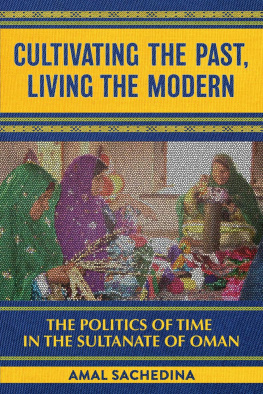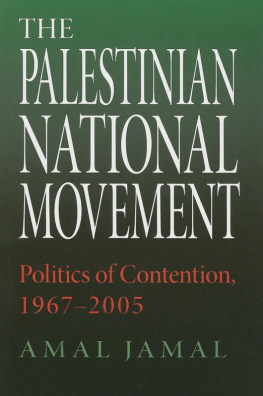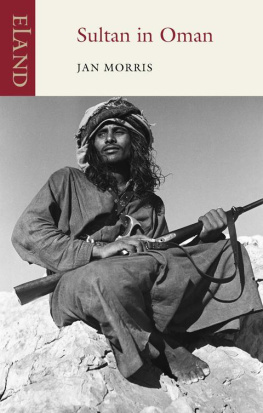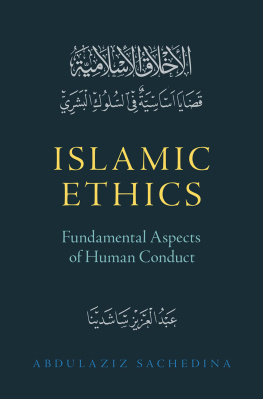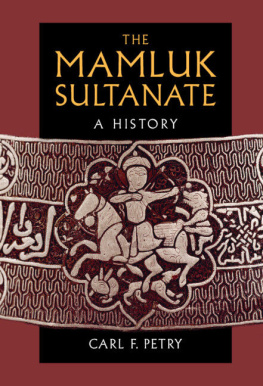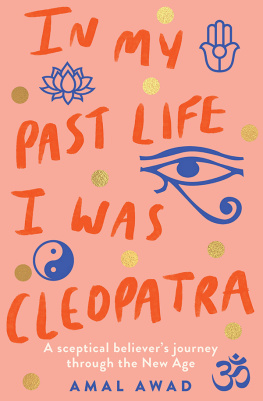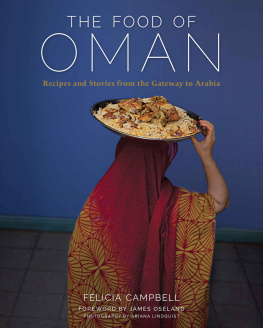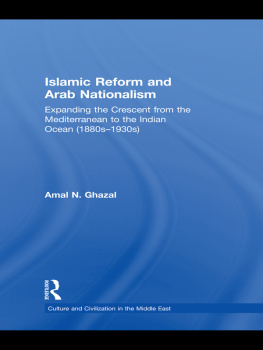Acknowledgments
Officially I am the author of this book. But as a material form that has been years in the making, this work has tied me to intellectual relationships, emotional connections, and learning experiences that have essentially forged its contents. The core issue of this book, the impact of material heritage as part of the state building of a modern nation in the Middle East was first introduced to me during my undergraduate education at Rutgers University in the teachings of Eric Davis and Paul Sprachman.
The seeds they planted found fertile ground many years later in the intellectual environment of the University of California, Berkeley. Classes, tutorials, and long conversations with my advisorsSaba Mahmood, Charles Hirschkind, and Mariane Fermebecame the building blocks for the discovery of scholarly theory, methodology, and unexpected approaches that laid the foundations of my doctoral dissertation, the beginnings of this book project. I was truly fortunate to have them as my primary supervisors and critics. They not only challenged my thinking but found new possibilities in my work. Their judicious critiques enabled me to develop arguments in order to muster up the best work I could. A number of other colleagues read the whole manuscript or parts of it. And their comments produced lasting inspiration that found its way into this work. I am extremely grateful to Adam Gaiser, John Wilkinson, J. E. Peterson, Katayoun Shafiee, Attiya Ahmed, Faiz Ahmed, Bishara Doumani, Chiara di Cesari, Nathalie Peutz, Trinidad Rico, and Jessica Winegar for their astute comments and keen insights. This would also include my colleagues from the Asia Research Institute and the Middle East Institute at the National University of Singapore who attended the workshop for chapter 7, a forum that was extremely productive in facilitating ideas, especially from such colleagues as Zoltan Pall, Mohammed Adraoui, and Nisha Mathew, who gifted me with their incisive thoughts over the course of the workshop and beyond. I thank Engseng Ho and Madawi al-Rasheed for organizing it as well as for their contributing thoughts and comments. Two anonymous reviewers from Cornell University Press have made a decisive contribution to this book and were deftly able to find their way to its weakest points while simultaneously suggesting fruitful ways to strengthen them. I thank them for their productive intervention and careful reading of my work as well as those of my editors, Jim Lance and Clare Kirkpatrick Jones.
This book also embodies my fieldwork in Oman, which spans almost two years. Preliminary research laid the groundwork in the summers of 2006 and 2007. The greater part of the research, however, was done between December 2009 and June 2011. There were subsequent shorter visits in 2015, 2016, and 2017. One of the best schools for learning Omani history, religiosity, customs, and culture in those early days was Ahmed Mukhaini, who not only offered me his friendship but was always ready to direct me toward those avenues that would enable me to acquire a better sense of contemporary affairs in Oman. Internships with the Ministry of Heritage and Culture as well as support from the Ministry of Tourism, Ministry of Awqaf, Directorate of Handicrafts, and the National Records and Archive Authority introduced me to a group of officials and advisors as part of a larger web of state networks who welcomed my work and encouraged me to get a better sense of the ways in which heritage was being organized and deployed as institutions, social practice, and ethics. Their generosity with knowledge and enthusiasm in showering me with pertinent books, pamphlets, poetry, and documents were truly selfless and of indispensable use. In those early days, the guidance of Abdullah Al-Zahli, Marcia Dorr, Birget Mershen, Saif al-Rawahi, Ali al-Mahrooqi, Salem al-Mahrooqi, Hasan Mohammed Al-Lawati, Turkiya Said al-Adawi, Hamad Al Dhawaini, Abdul Wahah Al-Madhari, Moza al-Wardi, Jamal al-Mousavi, Abdulla al-Harrasi, Abdul Wahab al Mandhari, Isam Ali Ahmed Al-Rawas, and Kahlan al-Kharusi was invaluable. In academic circles at Sultan Qaboos University, Muhammed al-Belushi, Muhammad al-Muqaddam, Salem al-Maskri, Ali al-Riyami, Sulaiman Al-Shueili, and Saleh Al-Busaidi were extremely important interlocutors. And I hope the innumerable men and women from various human rights circles are well aware of how much I owe them, especially the Aal Tuwaiya family.
My host family in Nizwa welcomed me into their home with unstinting generosity and enfolded me into their lives and those of their family and friends. My entry into Nizwa society was full of warmth. Both elders and ordinary people were extremely enthusiastic about my work, and their readiness to help me and trust me with their insights and historical perspective was something I had not anticipated. I gratefully thank the people of Nizwa, especially my hosts, for making my research possible. There were those in Nizwa who deserve especial notice, including the officials of the Nizwa branch of the Ministry of Heritage and Culture, Khalfan Al-Sabahi, Jamal al-Kindi, Ibrahim al-Kindi, Sheikh Abdullah al-Saifi and his sons Ali, Muhammad, and Mandhir, Sheikh Al-Khattab al-Kindi, Suleiman al-Suleimani, Muhammad al-Kimyani, and Khalfan al-Zidi. At the University of Nizwa, I greatly benefitted from the generosity of Salim Hamed al-Mahruqi, Ahmed Khalfan al-Rawahi, and Professor Abdulaziz Al Kindi.
The ethnography on the history and lives of the al-Lawati community was fundamentally shaped by the hospitality offered by the family of Zuhair al-Khaburi, whose kindness and unstinting generosity made Oman not just a place of research but a refuge and a home. And there were many in the community who were generous with their time in their readiness to help me, none more so than Batool Bhacker and her family, Shawqi Sultan, Hasan Ali Abdul Latif, Mohsin Juma, Hassan Ali Abdullatif, Maqbool Sultan, Sadek Jawad Suleiman, Bilal Khamis al-Khabori, Baqer bin Muhammad al-Saleh, and Mustafa Mukhtar al-Lawati and his son Muhammad. Their willingness to accompany me on guided tours around the sur, join me in stimulating conversations, and trust me with knowledge and memories is one I hope I have faithfully recorded. I thank them all for their kind willingness to meet with me innumerable times in order to give me an insight into the histories and lives of the al-Lawati community. Invitations to attend the matim helped me get a sense of the layered richness of the sur and the types of relationships the site has fostered over time.
I honestly do not know if any of those who enabled me to conduct my research in OmanMuscat or Nizwahad any sense of what the final product would look like. I had little sense of it myself. But I do hope they find that this work has been worthy of the trust they put in me. Sections from certain chapters of this book, notably chapters 2, 3, and 4 have been adapted from previously published material. They have appeared in a number of articles including Nizwa Fort: Transforming Ibadi Religion through Heritage Discourse, Comparative Studies in South Asia, Africa and the Middle East 39 (2): 32843, Politics of the Coffee Pot: Its Changing Role in History Making and the Place of Religion in the Sultanate of Oman, History and Anthropology 30 (3): 23355.
The writing was done while I was a Mellon pre-/postdoctoral fellow at the American Museum of Natural History, New York. Its settingas well as lively intellectual exchanges with members of the museum community as part of my project on the cultures and histories of the museums Middle East and Islam ethnographic collections, especially Laurel Kendall, chair of the Department of Anthropologyhelped strengthen my engagement with the writing process. I am extremely grateful for the support that my research received at various stages from a number of academic institutions and foundations. My archival research at the British Library and National Archives in London was supported by an alumni grant from the Institute of Ismaili Studies as well as the Mellon-IHR (University of London) predoctoral fellowship. Fieldwork was funded by the Al Falah Foundation, IIE Fulbright Fellowship, Fulbright-Hays Fellowship, and British Foundation for the Study of Arabia, a faculty grant from Brown University while I was the Aga Khan Visiting Assistant Professor. The writing of this book was made possible through postdoctoral research fellowships with the Middle East Institute, National University of Singapore, and the Institute of Middle East Studies, George Washington University.

